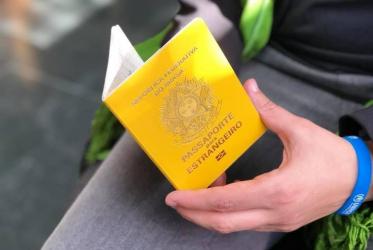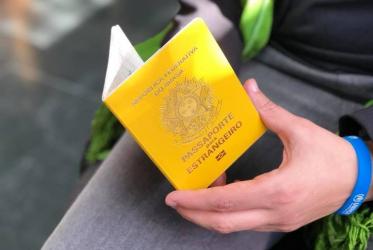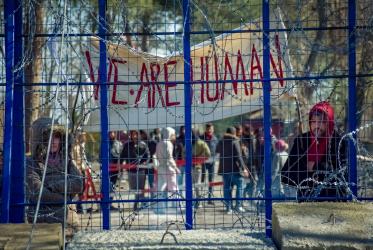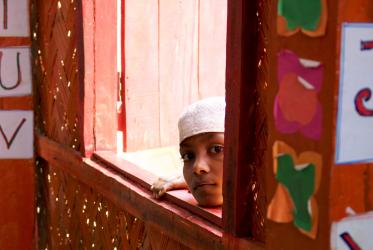Displaying 1 - 20 of 62
WCC webcast will mark 8th anniversary of #IBelong Campaign to end statelessness
04 November 2022
https://www.oikoumene.org/livestream
WCC Webinar: “Statelessness, A Product of Racialized Nationality?”
24 March 2022
Online - https://us02web.zoom.us/webinar/register/WN_zq7lb0rFQlq_mgwb45fEyQ
Webinar “Realizing Equal Nationality Rights for All”
04 November 2021
https://us02web.zoom.us/webinar/register/WN_FNyMmKC3TW6SNfCouZDhuw
Webinar: "Covid-19 vaccination: how churches can ensure that stateless people are not left behind"
15 March 2021
https://www.oikoumene.org/live









